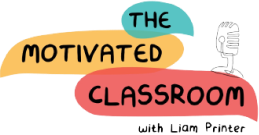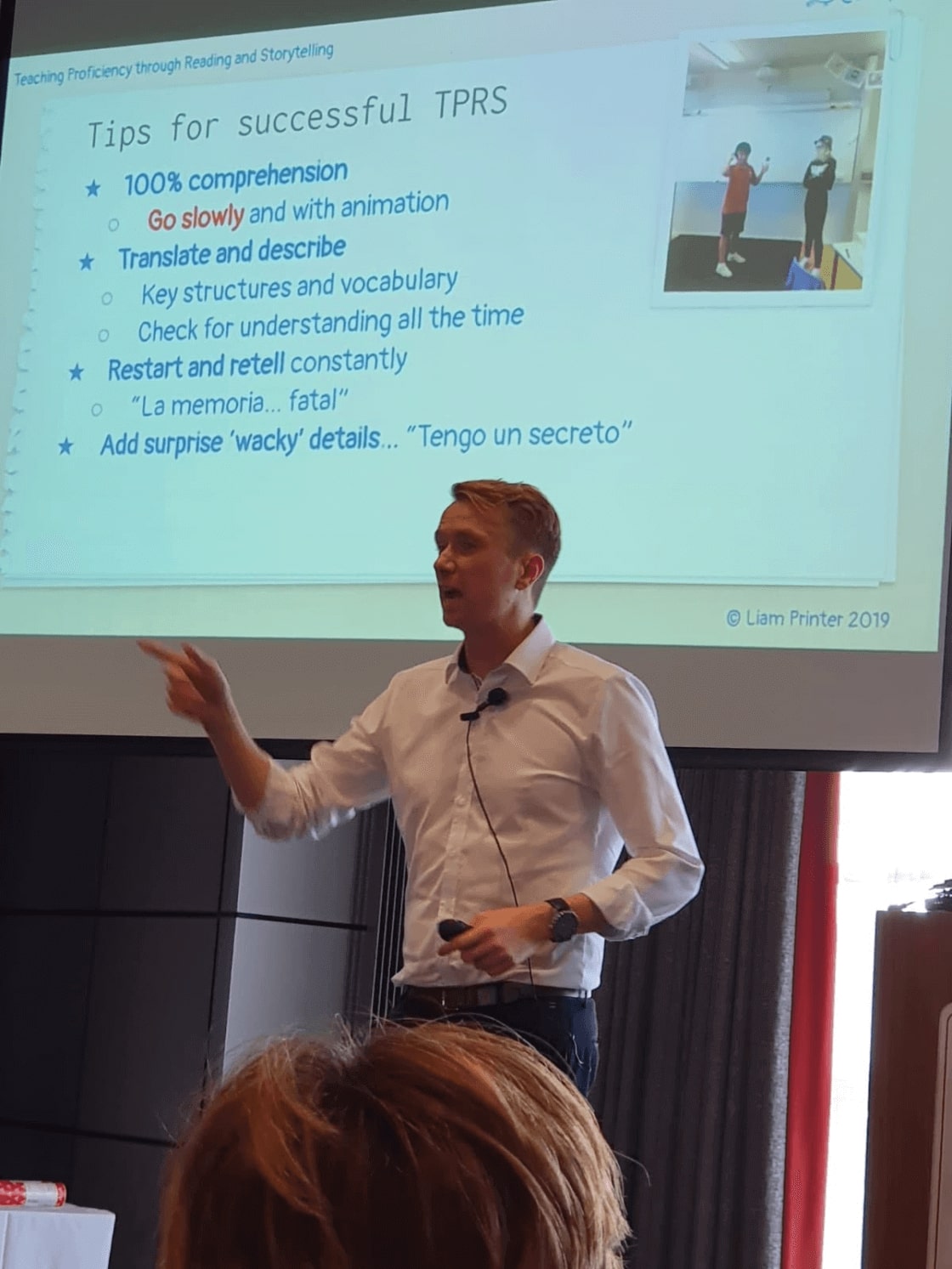Leaving my classes behind with tests and cover work is always a tough thing to do and to justify, especially when (as most teachers will know) setting and correcting cover work takes twice as long and is twice as much hassle as just being there and teaching the class yourself. Nonetheless, I always come away from educational conferences full of new strategies, bursting with ideas and feeling completely re-energised about teaching and learning. The Alliance for International Education conference in Amsterdam was no different.
The 3 day event kicked off with a keynote address by Prof. dr Marli Huijer, the first woman to become ‘Thinker Laureate’ of The Netherlands. Yes, her job is to think… to think and to discuss, to think and to problematise, to think and engage educators in debate about the issues facing schools around the world. Her address turned the popular idea of ‘travelling to broaden our horizons’ on its head and made us instead reflect on those who ‘stay behind’. Upon returning home for a visit, most of us teacher vagabonds are faced with questions like ‘so how much longer will you be away?’, yet at the same time, we hope that those who ‘stay behind’ will maintain and protect that culture we remember so dearly in its perfect unaltered state. Does this create a kind of deep, often unspoken, resentment on both sides? Are we trading a gain in global understanding for a loss in local familiarity?
A unique part of the conference is how it is divided into ‘strands’ based on the presenters and topics being put forward. As I was presenting my research on the motivational pull of teaching languages through storytelling, I was placed in the ‘role of language’ strand. Other strands included, ‘internationalising education’, ‘learning, teaching and pedagogy’, and ‘researching international education’ among others. This set-up allowed for rich and nuanced discussion with ‘like minded’, yet very different, people coming at the theme from various perspectives. Our ‘role of language’ strand included, for example, presentations from primary, secondary and third level, and encompassed issues ranging from ‘home language’ policy and support in schools, to innovative approaches to teaching, to how language can be used as a scapegoat for ability, to the intriguing Dutch bilingual education system. Truly fascinating, insightful and thought-provoking.
I learnt so much in just three days and I am thoroughly looking forward to sharing some of the ideas with our language department and administration at ISL but two things really stood out for me. Firstly, as language teachers we are lucky that we have one of the only subjects in the school where students can literally do inquiry based learning into anything as long as it is in the target language. We have endless freedom and autonomy and we need to tap into this and allow students to lead their learning through inquiry that compels and interests them, inquiry makes them want to speak about it rather than being forced to.
Secondly, borrowing from Terry Haywood whose addressed closed the conference, just as we update the systems on our phone so they can cope and work better, we must update the systems in our schools and language departments to meet the needs of the students, as it must be the students’ learning and interests that are always at the heart of our decisions. We are so lucky and fortunate to have multilingual students in our classes who speak a host of diverse languages at home, but are we really doing enough to nurture their home language and help them to maintain that local connection to their culture and language? The research tells us that a rich and deep understanding of the ‘home language’ aids cognitive and emotional development across the subjects but I fear our 'English-first' driven ‘international school world’ may be sadly transforming multilingual mastery into monolingual mediocrity.
The second keynote speech came from Dr. Conrad Hughes,
who challenged us all to look inside ourselves at our own deeply ingrained prejudices, as we all have prejudices whether we like it or not, and try to confront them. He left us all reflecting intensely on how these prejudices are maintained and fostered but also enlightened us with concrete strategies to unpick them both for ourselves and in our classrooms. Being in contact with those who come from places and cultures we don’t fully understand and working with them towards a common goal, thus learning the true meaning of ‘empathy’ is crucial.
I think above all, I left with a sense of hope and gratitude that I am in a job where I get the chance to make a real impact on the world every day through the young people I am in contact with. We are the ones, both us as teachers and our students, who have the ability and scope to change the face of modern international education. So enough with all the talking, now let’s get started.

